The science on what really helps after a big night, as shocking truth of driving hungover is revealed
Hair of the dog, Maccas or a greasy fry-up are just some of the hangover cures used by Aussies the day after a night on the grog, but do they work? The science is in and it may surprise you.
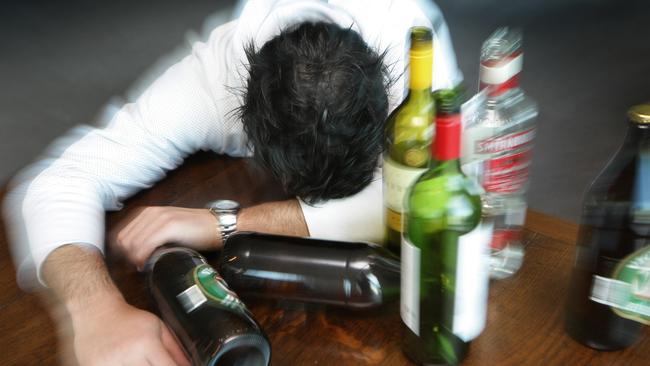
A hair-of-the-dog stiff drink in the morning, Maccas, a large iced coffee, chugging gallons of water or a kingsize fry-up are just some of the popular hangover “cures” embraced by Aussies the day after a big night on the grog, but do any of them actually work?
According to Swinburne scientists researching the subject, certain foods, drinks and supplements can help ease the pain of a hangover by reducing inflammation and oxidative stress, but unfortunately they’re none of the above.
In what may come as a shock to many, even downing copious glasses of ordinary water while, and after, drinking alcohol is unlikely to help much.
Dr Blair Aitken from Swinburne’s Centre for Mental Health and Brain Science said it was more likely to be fermented foods, berries, leafy greens and avocados — consumed in combination with green tea, coconut water or ginger tea to boost hydration — that would most effectively reduce hangover symptoms.
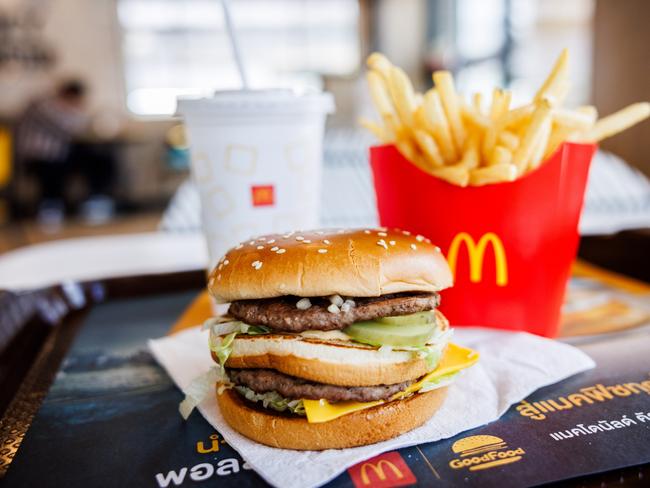


Supplements like probiotics, vitamin C and glutathione could be helpful, he said, while anti-inflammatory drugs like aspirin and ibuprofen worked to relieve headaches, nausea and vomiting — but needed to be used cautiously because they could cause stomach irritation, particularly when combined with alcohol.
“With that said, hangovers are multifaceted, often involving sleep disturbance and impaired cognition the following day, so these remedies may not address all symptoms,” Dr Aitken warned.
The science of hangover help comes as the shocking truth of driving the day after drinking alcohol is revealed.
Dr Aitken said a third of Aussie drivers aged 18 to 24 reported driving hungover, but it was just as dangerous as drink driving.
Some people were possibly still over the legal limit the morning after a big night, but even those who weren’t could be seriously compromised in their driving ability.
“Driving hungover is just as risky as driving with a 0.05 per cent blood alcohol concentration despite the absence of detectable alcohol in their system,” Dr Aitken said.
“Though there is a scary lack of research on driving with hangovers, drivers experiencing an alcohol hangover may still exhibit safety-relevant changes in driving behaviours like those seen above the legal driving limit.”
And negative mental and physical symptoms of alcohol could be experienced after a single drink, Dr Aitken said.
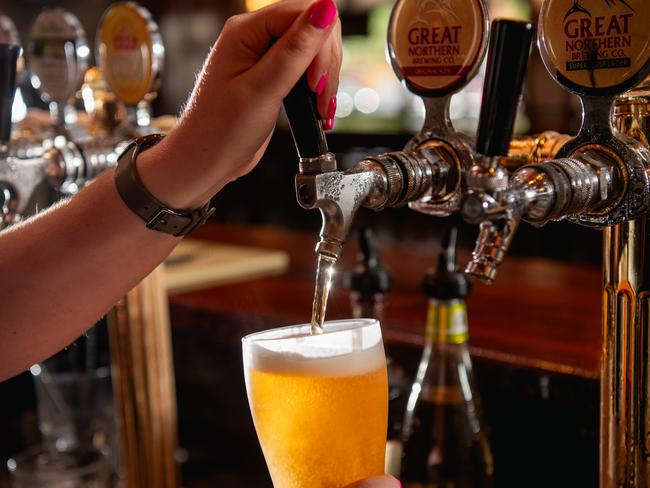
“This means that a hangover doesn’t necessarily begin next day, but as soon as your body has metabolised most of the alcohol. A hangover can happen even after drinking smaller amounts of alcohol, debunking the myth that you need to drink a lot to feel its effects,” he said.
Slowed reaction times, impaired judgment, and decreased motor control were all common symptoms of a hangover that could substantially affect a person’s ability to drive safely, Dr Aitken said.
However, it was difficult to gather data on the correlation between hangovers and road accidents because drivers likely had zero detectable alcohol in their systems at the time of crashing, he said.
“Societal perceptions of hangovers and the impact on driving may also be skewed due to the lack of explicit laws that govern their management. Despite its absence from legal discourse, a hangover can severely impair cognitive and motor functions necessary for safe driving, putting the driver and others on the road in danger,” Dr Aitken said.
“This oversight suggests a critical gap in our approach to road safety. We urgently need policy adjustments and educational initiatives that extend beyond traditional drink-driving prevention — action needs to be taken to save precious lives on the road.”
He said many factors contributed to hangover symptoms, including how individual bodies processed alcohol, immune responses, dehydration, hormonal changes and poor sleep.
While dehydration was often believed to play a major role in hangovers, recent research suggested that drinking water during or after alcohol consumption had only a small effect on preventing a hangover, and the amount of water consumed did not seem to reduce hangover severity the next day, Dr Aitken said.
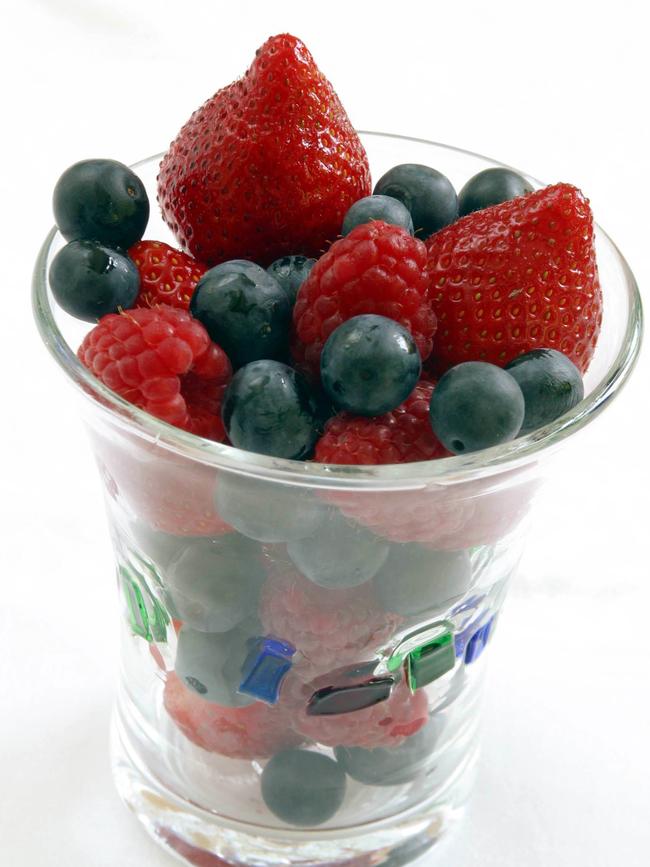
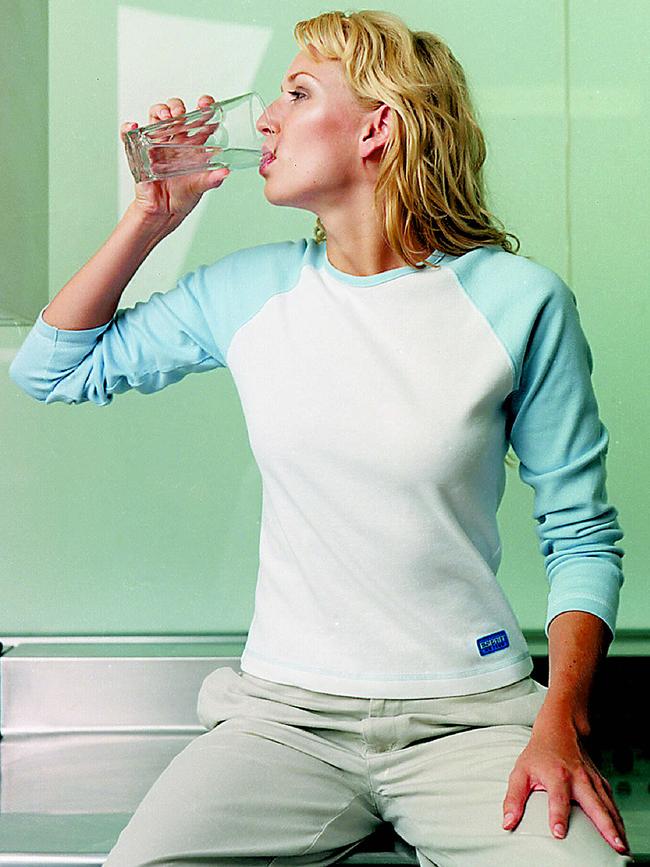
The majority of hangover remedies currently on the market targeted acetaldehyde, a toxic by-product of alcohol metabolism, which was known to cause symptoms like flushing, headache and nausea, he said.
The theory behind the remedies — which were yet to be scientifically proven — was that by speeding up the breakdown of acetaldehyde, its accumulation in the body’s system could be reduced, potentially easing hangover symptoms, Dr Aitken said.
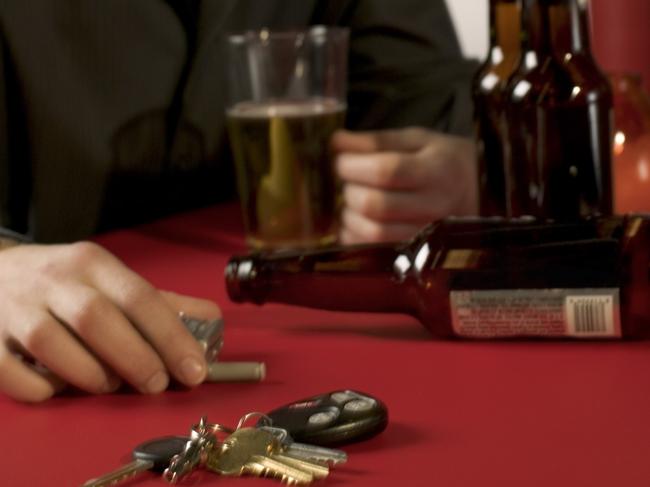
But more recent research indicated inflammation caused by alcohol could actually be the main culprit in hangovers, he said.
“Moving forward, there is growing interest in hangover remedies that target inflammation, which may help protect the gut lining, promote healthy gut bacteria, and reduce harmful substances in the gut, all key factors in controlling inflammation,” Dr Aitken said.
Originally published as The science on what really helps after a big night, as shocking truth of driving hungover is revealed


